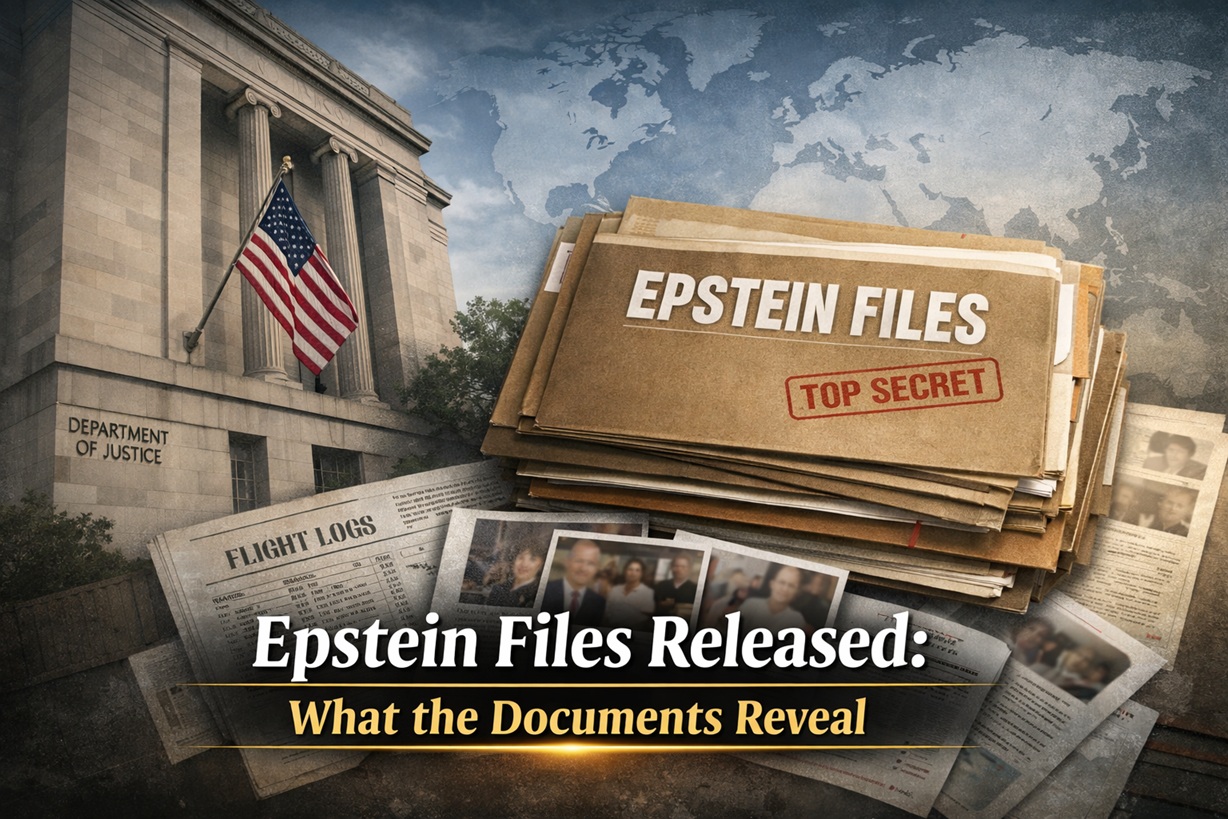The legal troubles of Arvind Kejriwal are visible across various courts in the country, from the Supreme Court to the Delhi High Court and Rouse Avenue Court. The liquor scam case involving Kejriwal is under intense scrutiny, with significant developments occurring today in multiple courts. However, there is a mix of both good and bad news for Kejriwal.
Interim Bail Granted by the Supreme Court
The Supreme Court has granted interim bail to Kejriwal in the ED case. While this is a relief, it is not a release, as he remains in custody for the CBI case related to the liquor scam. His judicial custody has been extended by the Rouse Avenue Court till July 25. Additionally, Kejriwal’s close associate, Vibhav Kumar, has not been granted bail in the Swati Maliwal assault case, and the Delhi High Court has rejected his plea. Furthermore, the bail hearing for another associate, Kavita, has been adjourned. Today, we will discuss the unfavorable news for Kejriwal from various courts in different cases.
Why Did Kejriwal Get Interim Relief from the Supreme Court?
The Supreme Court’s decision to grant interim relief raises several questions. Some argue that technicalities are being used to provide relief in serious cases of corruption, scams, and other crimes. The court has sent the petition challenging Kejriwal’s arrest to a larger bench, which has delayed the process. The question remains why interim relief was granted when the larger bench could take over the matter. This decision has been criticized, with some claiming it undermines the justice system.
Election Campaign and Legal Relief
Some speculate that the interim relief was granted to facilitate Kejriwal’s participation in election campaigns. This has led to questions about the fairness of the judicial system, with concerns that other accused individuals might also demand similar relief. There is a perception that the judiciary is being influenced by political considerations, which could harm its integrity.
Conditions Imposed by the Supreme Court
The Supreme Court imposed conditions on Kejriwal’s interim bail, including restrictions on entering his office, Delhi secretariate and interacting with certain individuals. These conditions raise questions about the logic behind granting bail while imposing such severe restrictions. Critics argue that these conditions suggest a lack of trust in Kejriwal’s compliance with judicial norms, further complicating the public’s perception of justice.
Supreme Court’s Restrictions and Kejriwal’s Actions
Kejriwal’s compliance with the Supreme Court’s conditions has been questioned. Reports indicate that he violated these conditions by interacting with co-accused individuals and making public statements. This non-compliance highlights the challenges in enforcing judicial orders and maintaining accountability.
Judicial Custody Extended
Kejriwal’s judicial custody has been extended till July 25, indicating that the legal battles are far from over. The evidence presented by the CBI, including chats and statements, suggests a strong case against him. The ongoing investigations and legal proceedings will determine Kejriwal’s fate.
The legal battles of Arvind Kejriwal involve multiple cases and courts, reflecting the complexity of the situation. While he has received interim relief in the ED case, his challenges continue with extended judicial custody and ongoing investigations. The developments in these cases will have significant implications for Kejriwal’s political career and the broader perception of justice in the country. The public and the legal fraternity are keenly watching how these proceedings unfold, with expectations of accountability and fairness.







